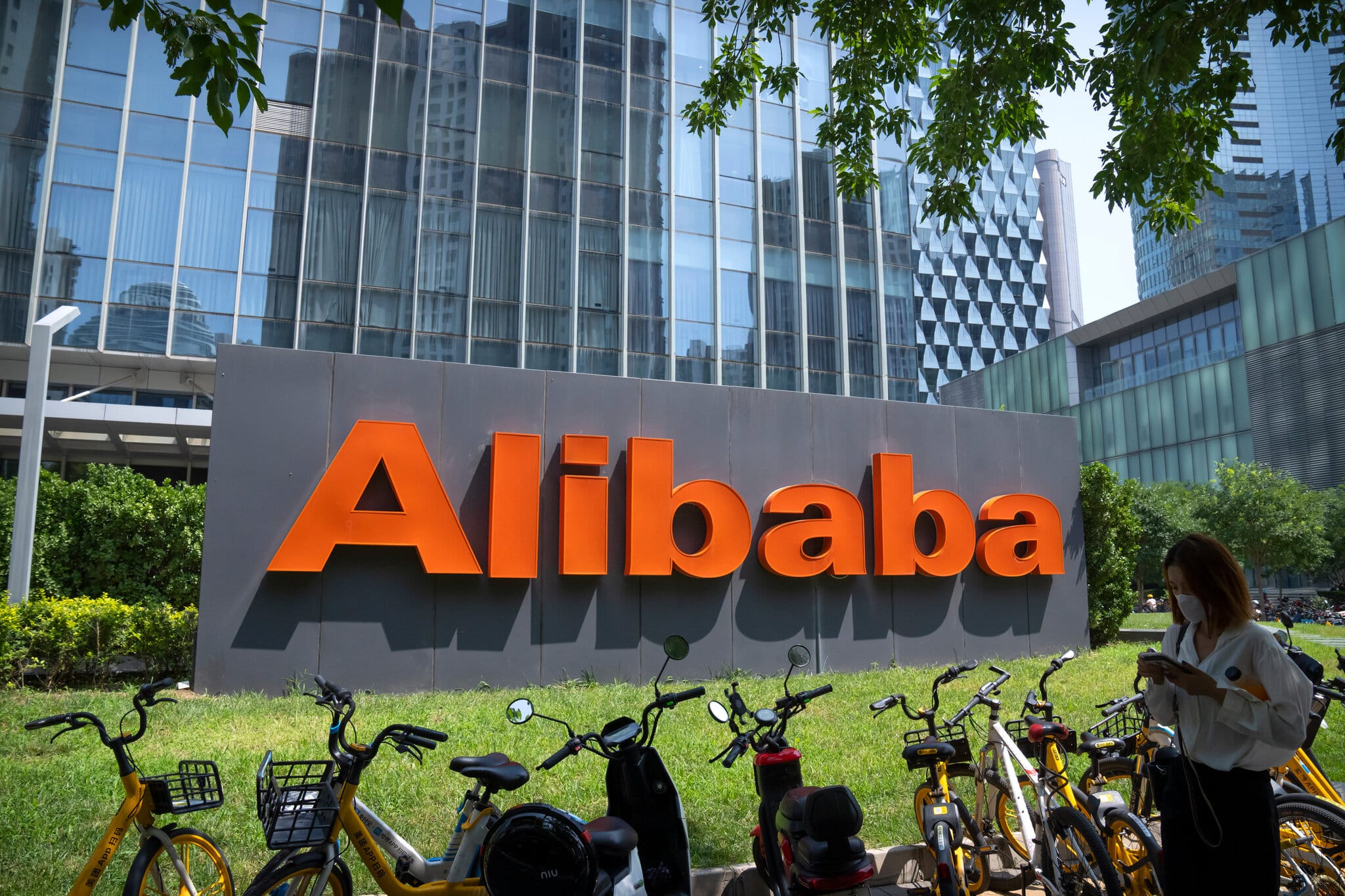Alibaba’s shares jump after it lands a major customer for its AI chips
By Mario Canario, Technology Editor
Last updated: September 17, 2025
Why Alibaba’s shares jump after it lands a major customer for its AI chips
Alibaba’s stock soared after reports confirmed that China Unicom, the nation’s second-largest telecom provider, will use Alibaba’s AI chips in a massive new data center project. The news sparked strong investor confidence, pushing Alibaba’s Hong Kong-listed shares up more than 5% and its U.S.-listed stock over 2% in premarket trading.
What makes this deal important
Boost for domestic AI chips
China has been pushing to replace U.S. technology with homegrown alternatives. This partnership shows Alibaba is making progress with its chip unit, T-Head.
Big customer impact
China Unicom’s decision signals trust in Alibaba’s technology. It also gives Alibaba a chance to prove its chips can support real-world applications like telecom and data centers.

Alibaba’s AI chips explained
What is T-Head?
T-Head, also known as Pingtouge, is Alibaba’s semiconductor division. It builds custom AI chips designed to power data-heavy tasks such as machine learning and cloud services.
Why Alibaba doesn’t sell chips directly
Unlike Nvidia, Alibaba doesn’t sell its chips in stores. Instead, companies like China Unicom use them by purchasing Alibaba Cloud services. This “chips-as-a-service” model gives Alibaba steady revenue while making the chips widely available.
China Unicom’s role in the partnership
Building a massive data center
China Unicom is building a large new data center in Qinghai Province. This project will use Alibaba’s chips alongside processors from other Chinese firms like MetaX and Biren Technology.
Why telecoms matter for AI growth
Telecom companies run vast networks that generate and process enormous amounts of data. Partnering with them allows Alibaba to showcase its chips’ strength in handling large-scale computing.
Market reaction and stock impact
Stronger investor confidence
News of the deal quickly boosted Alibaba’s market value. Investors see the deal as a sign that Alibaba is regaining momentum in AI after facing stiff competition.
Comparing stock moves
- Alibaba: +5% in Hong Kong, +2% in U.S. premarket
- Nvidia: –1% after reports China restricted purchases of certain U.S. chips
This shows how one company’s gain can come at another’s expense in the global AI race.

Why this matters for China’s AI strategy
Reducing reliance on Nvidia
China has limited access to Nvidia’s top AI chips due to U.S. restrictions. By investing in Alibaba, MetaX, and Biren, China hopes to secure its own supply chain.
Supporting local innovation
Deals like this encourage more funding and research into domestic semiconductors. They also help China close the gap with global leaders like Nvidia and AMD.
Risks and challenges for Alibaba
Lack of transparency on performance
It’s still unclear if Alibaba’s chips can match Nvidia in speed and efficiency. Without independent benchmarks, customers may remain cautious.
Supply chain pressures
Building chips requires complex manufacturing, often involving global suppliers. Restrictions could limit how fast Alibaba scales production.
Growing competition
Other Chinese chipmakers, like Huawei’s Ascend series, are also fighting for market share. Alibaba will need to prove its chips stand out.
Lessons for global tech watchers
Shifting power in semiconductors
The AI chip market is no longer dominated by just U.S. firms. Chinese companies are stepping up with viable alternatives.
New business models
Alibaba’s “chips via cloud” approach could become a model for others. Instead of selling hardware, companies may increasingly tie chips to cloud platforms.
Quick summary table
| Factor | Impact on Alibaba |
|---|---|
| China Unicom deal | Strengthens trust and boosts demand |
| Stock market reaction | +5% in Hong Kong, +2% U.S. premarket |
| Reduced Nvidia access | Opens door for domestic suppliers |
| Risks | Performance, supply chain, competition |
What this means for businesses in Milwaukee
If you’re a business owner in Milwaukee, you may wonder why this matters. Global AI chip supply impacts the cloud services we all rely on. Faster chips mean better performance for tools, apps, and cybersecurity solutions.
That’s where Redbird Technology Solutions can help. With more than 25 years of experience in IT and security, we guide local businesses through technology changes. If you want to explore how AI and cloud solutions can improve your operations, reach out today for a free consultation.
FAQs
What caused Alibaba’s shares to rise?
News that China Unicom will use Alibaba’s AI chips in a major data center project.
What division makes Alibaba’s chips?
Alibaba’s semiconductor arm called T-Head, also known as Pingtouge.
Does Alibaba sell its chips directly?
No. Customers access them through Alibaba Cloud services.
Why is China pushing domestic chips?
To reduce reliance on U.S. suppliers like Nvidia due to trade restrictions.
Who are Alibaba’s competitors in AI chips?
MetaX, Biren Technology, and Huawei in China; Nvidia and AMD globally.
What was Nvidia’s stock reaction?
It fell around 1% after reports of China limiting purchases of its chips.
Sources
- CNBC – “Alibaba shares jump after it lands a major AI chip customer” – Aug 2025 [Accessed Sept 17, 2025]
- Financial Times – “China restricts use of Nvidia AI chips” – Aug 2025 [Accessed Sept 17, 2025]
